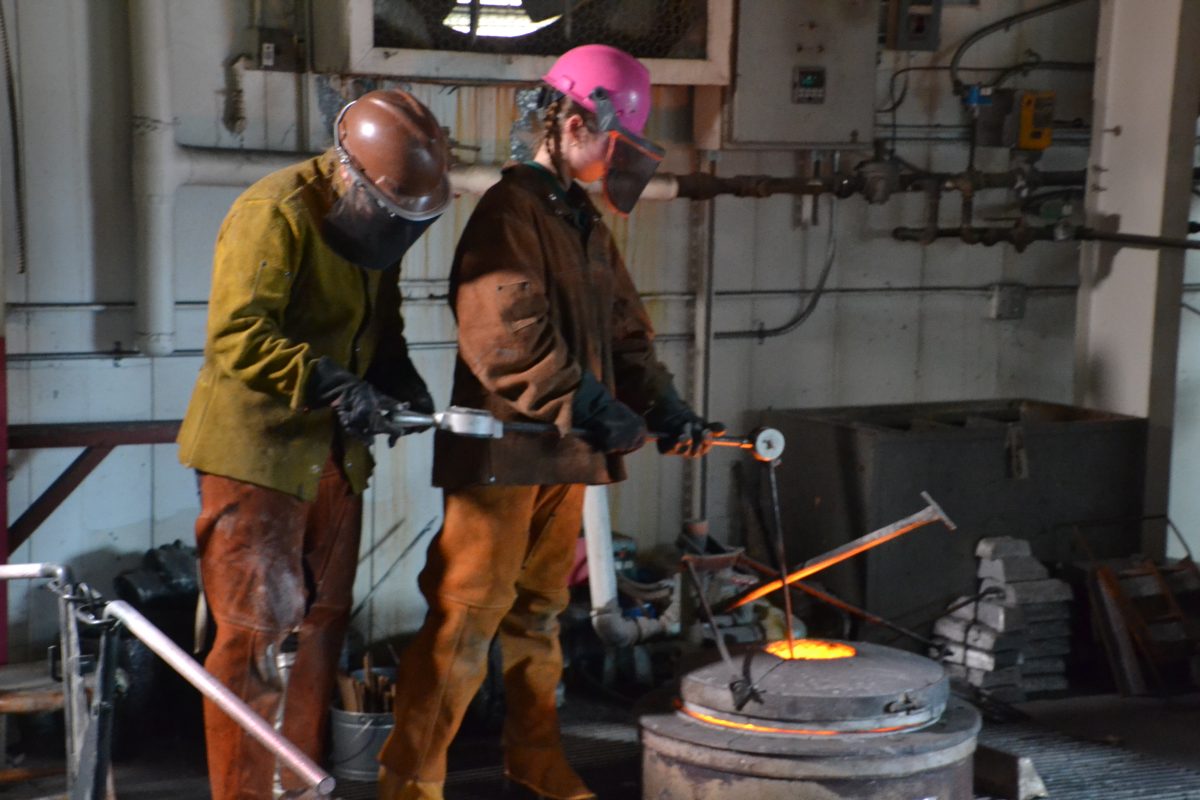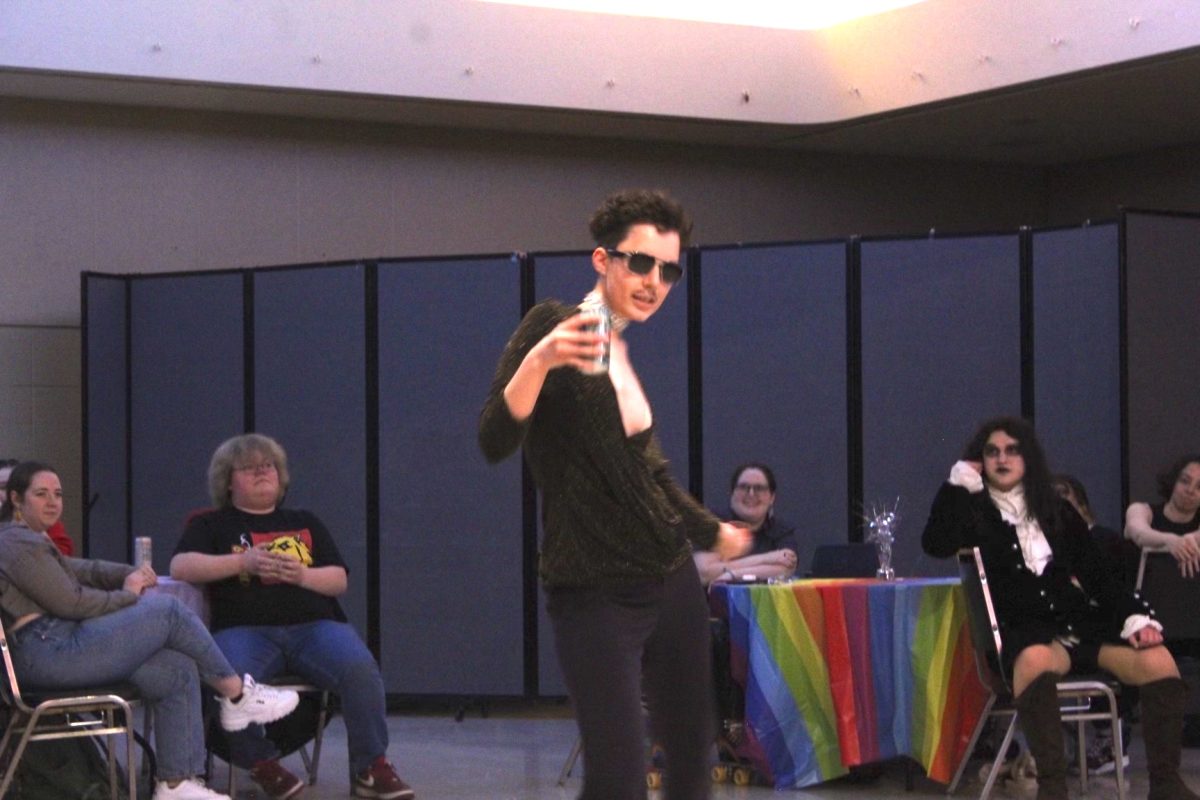In honor of Transgender Day of Visibility, the Center for Gender + Sexualities invited Assistant Professor of Feminist Studies at the University of California Santa Barbara Debanuj DasGupta to present on US immigration, gender identity, sexuality and asylum plus detention. On the evening of March 28, DasGupta spoke to an audience open to all Pipers, and then the following afternoon she visited Samuel Schmitt’s Trans Lives social justice course.
DasGupta’s specializations of study are the racialized regulation of space, immigration detention, queer migrations and the global governance of migration, sexuality and HIV—all topics which she touched on during her hour-long talk. She had previously visited campus in 2017, where she lectured on geography and migration. Despite migration not being the main focus of her lecture this year, she weaved the subject in through her current work on a novel focused on queer migration.
She began the lecture by discussing the difficulties of immigrating to the US as a transgender or gender-nonconforming individual. Although transgender people are now legally allowed into the country, that does not mean that they are respected or protected once they enter the U.S.
“We live in a society where surveillance is a central organizing principle in our lives, and surveillance becomes the central technology through which bodies are mapped and remapped as presentable, safe, or unsafe or not right,” Dasgupta said.
DasGupta shared a video with Schmitt’s class on March 29 discussing the experiences of Latina transgender women. These women had endured sexual harassment, sexual assault and physical abuse from both fellow immigrants and the guards in charge of protecting them.
“The person also had to narrate themselves as victims. This is a long essay, like a personal statement. You had to write about eight to 10 pages. You would list out the torture that was done to you, and then question you, and try to catch you on the dates or times, so this narrative, you have to repeat your trauma over and over again,” DasGupta said.
The United Nations created the Convention Against Torture and Other Cruel, Inhuman or Degrading Treatment or Punishment, an international human rights treaty with the aim of preventing torture and other inhuman or degrading treatment across the world. One of the ways that the U.S. has implemented this policy is through several regulatory and protective refugee laws currently in place. However, there have been unforeseen difficulties with the current processes.
“You have to prove the intention of people and you have to show proof of your persecution,” DasGupta said. “Right? And now as a Queer and Trans [person] you’re escaping sexual assault, or rape or constant harassment. You really do not plan to go to the U.S. and apply and carry on this proof.”
Despite there being laws and protections, seeking asylum in the U.S.s as a queer or transgender person is incredibly difficult. DasGupta has first-hand experience with some of these cases and has seen the dynamics between those in positions of power and refugees.
“And I have done translation for asylum cases, it just felt very inhumane sitting there because the person is being probed and asked questions about their torture and dates and asked if the dates are matching. They would ask you what the weather was like,” DasGupta said.
Another topic discussed was the concept of transgender people being surveyed in every aspect of their lives, including personal security and private medical information. She brings up her experiences in a post-9/11 world, one of the turning points in governmental priorities regarding increased protections and security amongst all aspects of the states.
“We live in a society where surveillance is a central organizing principle in our lives, and surveillance becomes the central technology through which bodies are mapped and remapped as presentable, safe, or unsafe or not right.” DasGupta said. “It is the range of ways [transgender] bodies are made susceptible. Queer and Trans bodies are especially because we are furthermore under [the medical] gaze.”






